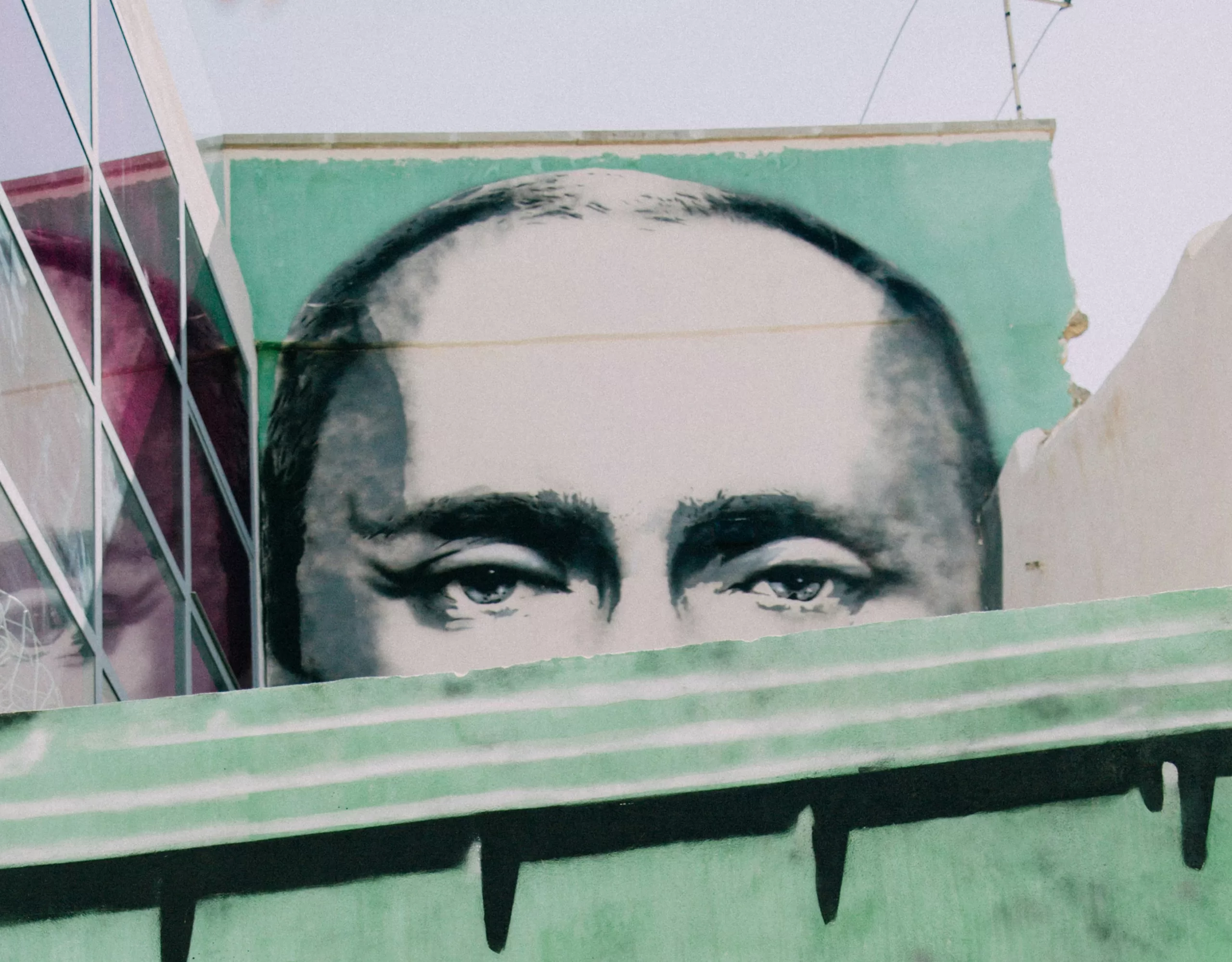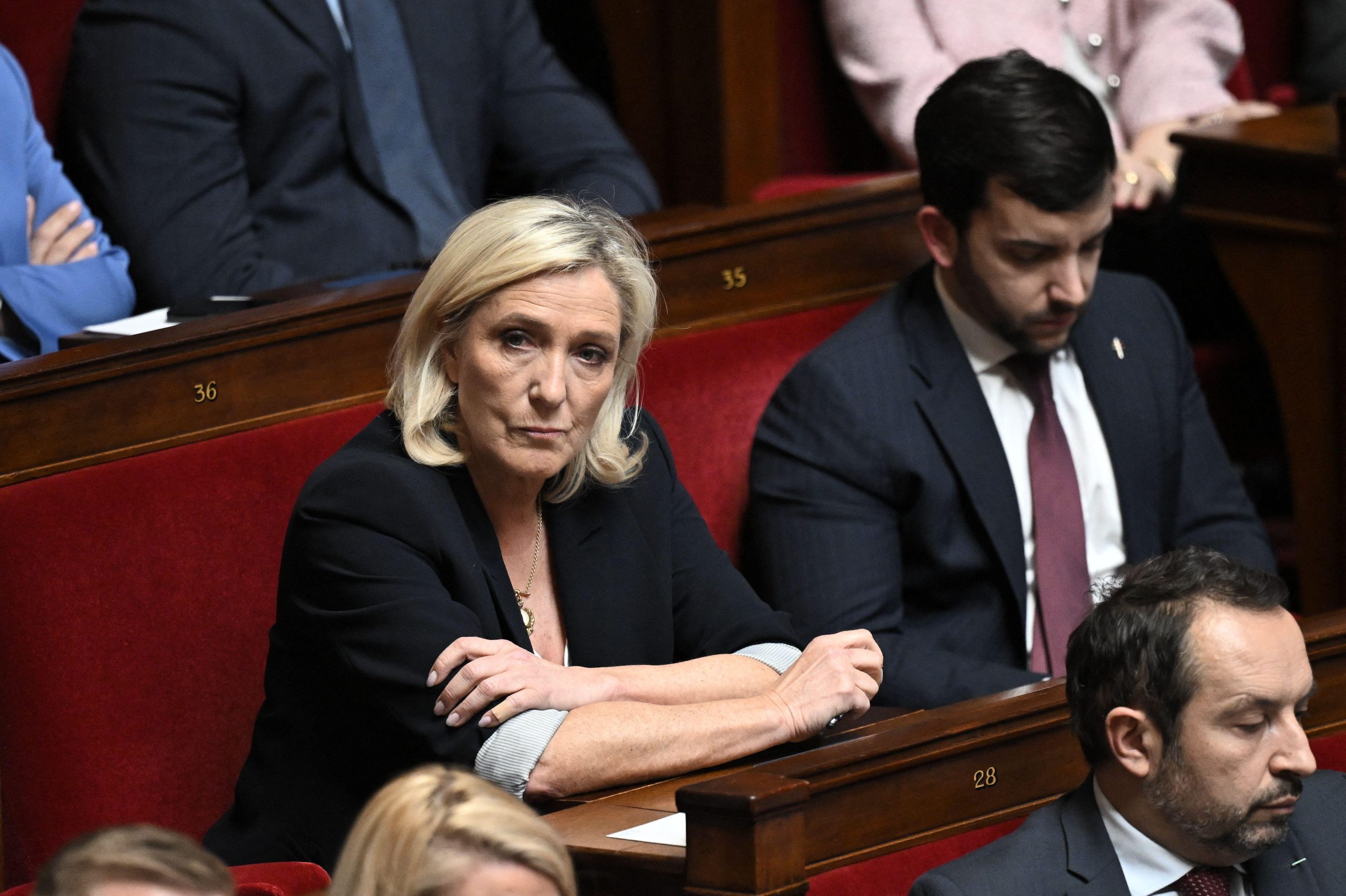By international comparison, Putin’s ‘win’ in the recent elections in Russia was practically marginal.
Forget the ruthless despots of yesteryear; Putin’s victory could put him in the running for the title of “Worst Dictator Ever” securing as he did, just 87% of the vote and struggling to convince a whole 13% of Russia’s population that he deserves their vote.
Putin’s efforts to reach the dizzying heights of previous autocratic excellence is not without precedent.
Nicolae Ceaușescu, the Romanian maestro of self-delusion, once claimed a staggering 98.8% approval rating from voters who seemingly found his continued leadership irresistible.
And, of course, the multiple successes of Saddam Hussein, who, not content with anything less than perfection, treated himself to not one, but two elections where he waltzed away with a cool 99% of the vote, leaving the remaining 1% presumably too busy planning their escape routes to bother casting a ballot.
Even by recent standards, Putin’s election efforts fall into the ‘must try harder’ category. Take Paul Kagame – head of state in the unquestionably safe state of Rwanda – secured an impressive 98.8% of the vote in 2017. By coincidence, his two challengers were deemed not to have met the nomination threshold by the Rwandan Electoral Commission.
And even by Russian standards, Putin is an under-achiever. The absolutely above board and beyond reproach referendum in 2014 that took place in Crimea saw the Ukranian peninsula experience a collective outbreak of Russiophilia, with a jaw-dropping 96.77% of voters deciding that annexation was their number one wish.
But of course, when it comes to precarious polls, poor Putin is but an enthusiastic amateur of electoral absurdity when compared to North Korea’s Kim Jong Un whose 2019 flawless victory saw him win 100% of the vote. Imagine that, Putin. A leader so popular that no-one felt the need to vote against you.
So, at Index on Censorship, we offer our commiserations to Putin on an election which will inevitably cause him to struggle to look his fellow dictators in the eye. But he should take heart, for in the grand tapestry of dictatorial hubris, he may have fallen short of the coveted triple-digit approval rating, but he’s certainly earned his place in the hall of shame. Bravo!
But in all seriousness, dictators yearn for legitimacy but equally cannot resist inflating their egos with absurd election results. Putin’s 87% victory is merely the latest in a long line of autocrats entangled in their own delusions. For them, the allure of unchecked power is intoxicating, and the illusion of overwhelming support is irresistible. So they manipulate, coerce, and fabricate, all in the name of bolstering their image and maintaining their iron grip on power.
Yet, in their desperate pursuit of approval, they only reveal the hollow emptiness of their rule and the farcical nature of their so-called “elections.”
In the grand theatre of autocracy, where dictators vie for the title of “Most Absurd Electoral Farce,” Vladimir Putin may have inadvertently claimed the crown as the reigning champion of underachievement.
His inability to secure a unanimous victory serves as a glaring reminder of the limitations of his power and the resilience of those who dare to defy his iron grip.
While we chuckle at his inflated ego and his desperate grasp for legitimacy, let us not forget the sobering reality faced by millions of Russians who lack the freedom to express dissent without fear of reprisal.
We can poke fun at Putin’s absurdity but we must also reaffirm our commitment to democracy and freedom of expression, values that remain elusive for too many in Putin’s Russia.
And we stand with the 13%.






